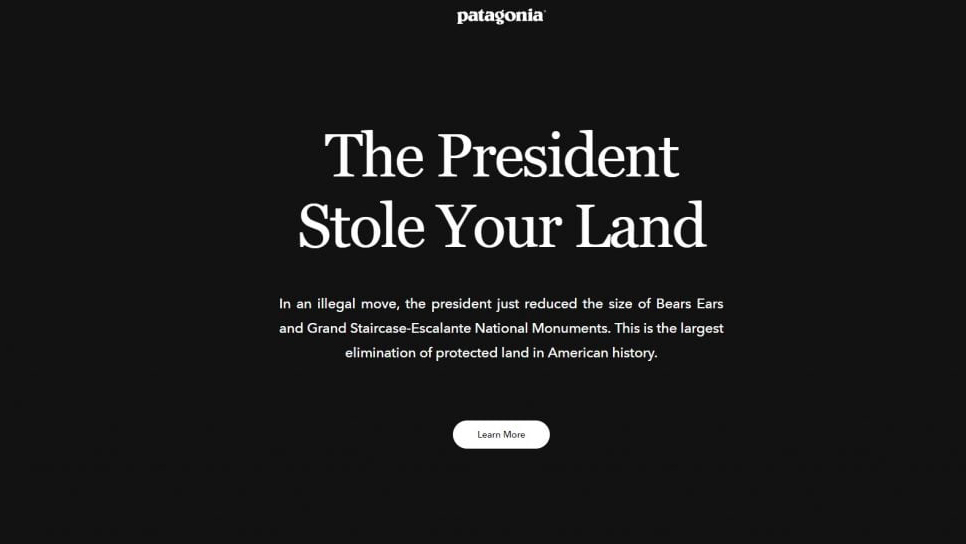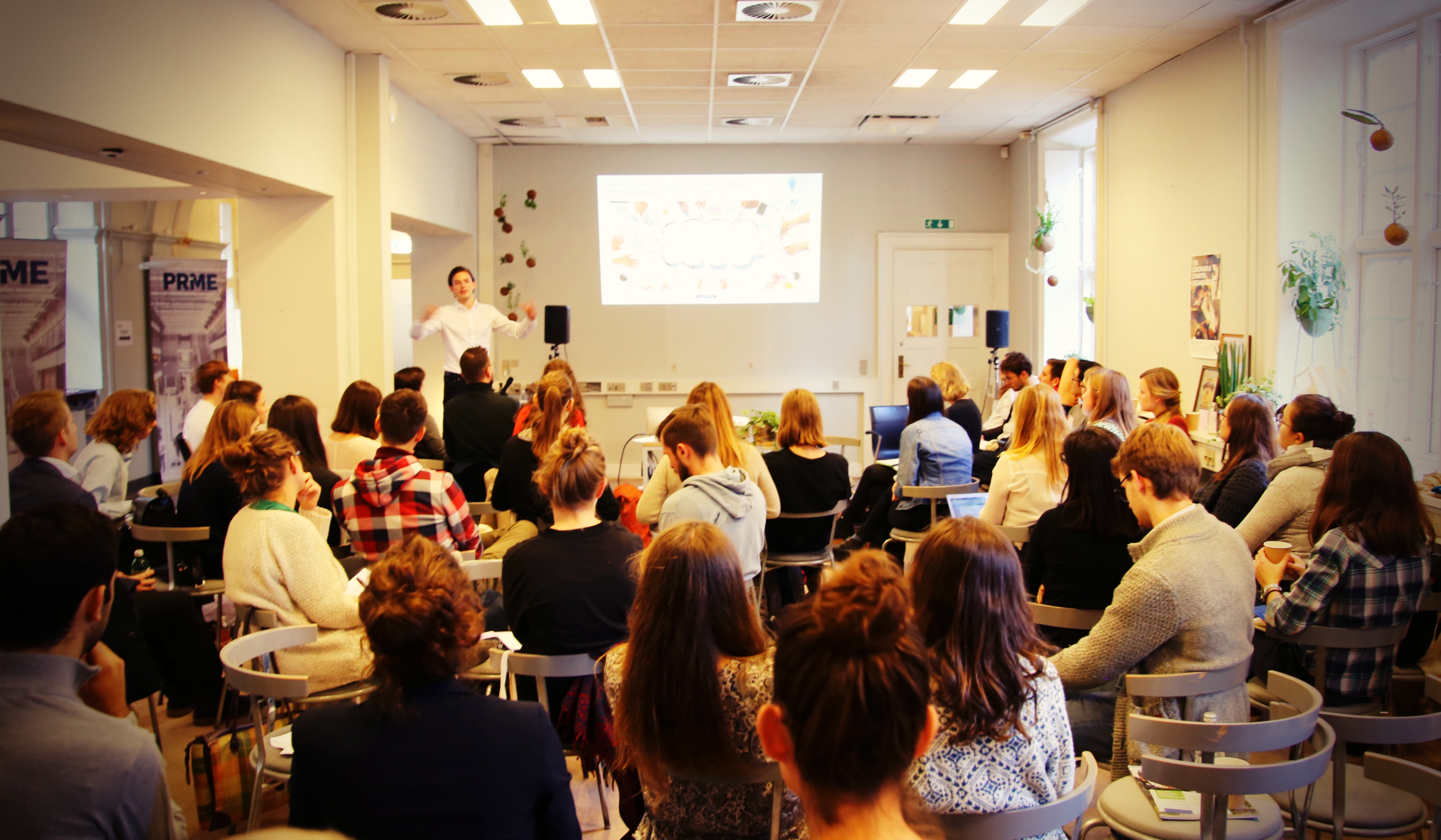By Luisa Murphy.
- What are Meta-Multi-Stakeholder Initiatives (MSIs)?
- What is their role and contribution to private governance?
- How do Meta-MSIs enable the translation of responsible business policies and practices in unique octopus like ways?
Approximate reading time: 4-5 minutes.
Meta-MSIs, octopus arms and brains
What do Meta-multi-stakeholder initiatives (MSI) and octopuses have in common? Through my own PhD research of what I call a ‘Meta-MSI’ (the ASEAN CSR network), a phenomenon similar to the MSI (definition below), I have been investigating the dynamics and interactions between national networks which I liken to an octopus’ eight arms and corresponding eight mini- brains and the headquarters or “global network”. In this blog, I will define the Meta-MSI and briefly discuss how its constitution of networks provides important new insights into national level practices which may enable it to translate responsible business in intelligent, efficient and indeed, octopus like ways.
Towards a definition of the ‘Meta-MSI’
A Meta-MSI is a new type of MSI whose members comprise distinct organizational forms such as foundations, listed companies’ associations, chambers of commerce and industry and MSIs not individual members which usually constitute MSIs. In this regard, it also appears to have some key similarities to the ‘Meta-organization’ (e.g. Ahrne & Brunsson, 2005 & 2008) although I am still exploring the link (blog for another day).
Similar to MSIs, Meta-MSIs promote responsible business policies and practices through collective action, capacity building and shared vision. It includes MNCs, intergovernmental organizations and sometimes government agencies as partners. The members but also the partners are key to its legitimacy and vice versa. Hence, like an octopus, a Meta-MSI has a central brain (headquarters) but also eight mini-brains (national networks) which carry out autonomous activities. Moreover, like an octopus which coordinates with other sea creatures when necessary to achieve its ends, Meta-MSIs collaborate with partners on specific issues at the headquarter and national network level.
One example of a Meta-MSI is the ASEAN CSR network which is comprised of eight networks, including seven national networks and one regional network in Southeast Asia. It includes listed companies associations: CSR Club of Thai Listed Companies Association, MSIs: Global Compact Network Singapore, foundations: Indonesia Business Links; League of Corporate Foundations; ASEAN Foundation and national and international chamber of commerce and industries: Vietnam Chamber of Commerce and Industry; Union of Myanmar Federation of Chambers and Commerce and Industry and International Chamber of Commerce – Malaysia. Moreover, it engages corporate partners such as Hitachi and intergovernmental partners such as United Nations Office on Drugs and Crime (UNODC). These four types of member organizations are similar to the three hearts of the octopus which ensure circulation through its organs.
Meta-MSI contributions to private governance
Due to their structure, Meta-MSIs appear to be uniquely tailored to national level contexts and dynamics which provides for efficient functioning of the whole. Below, I briefly highlight three areas which I think enable the translation of responsible business policies and practices in unique and flexible octopus like ways.
First, as mentioned Meta-MSIs incorporation of heterogeneous member organizations provides insights into diverse ‘national business systems’ (Whitley, 1999) and how responsible business is approached in different contexts. In turn, Meta-MSIs operate by allowing policies and practices to be contextualized to these settings. Hence, like an octopus, the Meta-MSI is able to camouflage or adapt its policies and practices to its environment. This may lead the organization to be more efficient in the long-run, given that organizations do not need to defend the implementation of policies and practices which are different from other member organizations. Instead, all organizations are working towards the same goal of responsible business but may achieve them via different means.
Second, important studies (e.g. Rasche, 2012) have shown that the co-existence of loose and tight couplings within global networks provide MSIs with the ability to manage issues related to stability, flexibility and legitimacy, Meta-MSIs appear to navigate these challenges solely through an underlying loose organizational structure. This facilitates the translation of responsible business because it enables national networks to work even more autonomously (similar to an octopus with its eight arms) yet contribute to the whole through best practice sharing etc. The Meta-MSI is hence like the brain of the octopus, it coordinates with its eight mini-brains (it does not command), which allows (national) ownership of the relevant policies and practices. This may be important for promoting effective outcomes in the long-run as national organizations will develop institutions for responsible business which do not require micro-management by the “global” organization.
Finally, Meta-MSIs appear to be more exclusive than MSIs given their small number of member organizations at the “global” level and their corresponding memberships which range from being more exclusive to inclusive at the national levels. How this exclusivity impacts efficiency is another question. For instance, it might be worth considering whether it is more efficient to engage with one set of organizations e.g. SMEs through a national network (e.g. chamber of commerce) rather than SMEs and MNCs in the same network. Meta-MSIs are hence similar to an octopus which has a fixed number of arms and is wily about the other creatures it forms collaborations with.
In conclusion, while Meta-MSIs appear to be similar to octopuses in that they do not like the spotlight, I think it is worthwhile to cast a light on them and their national networks by considering how these global-national network (eight mini-brain- octopus) dynamics influence the governance for responsible business. I look forward to continuing the dialogue with you on octopuses, Meta-MSIs and other creatures in the private governance sea.
Luisa Murphy is a PhD Fellow at Copenhagen Business School and supported by the VELUX Endowed Chair in Corporate Sustainability. Her research examines governance for anti-corruption. She brings a human rights and business background from the University of Oxford and legal experience from the Antitrust Division of the United States Department of Justice.
Pic by Taylor Ann Wright, Unsplash.





